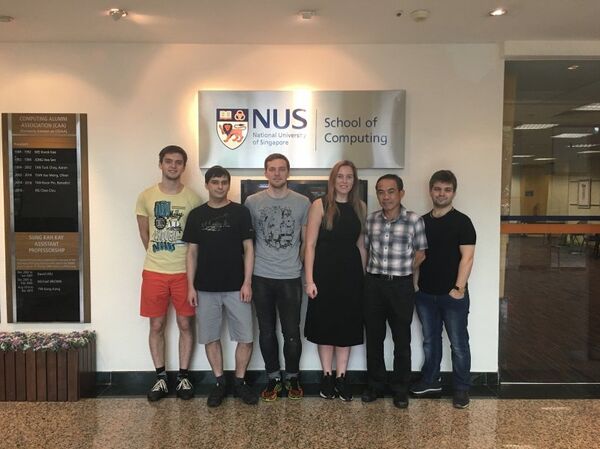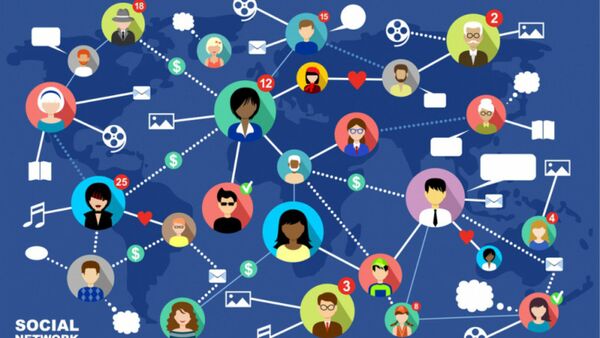The study's lead author Kseniya Buraya of ITMO presented the paper, called "Towards User Personality Profiling from Multiple Social Networks," at the AAAI Conference on Artificial Intelligence in San Francisco earlier this month.
The researchers used a dataset at the NExT research center at NUS, containing data from three social networks (Twitter, Foursquare, and Instagram) and ground truth records regarding users' relationship status. The data included users from three geographical regions: Singapore, New York, and London.
The researchers took information such as the average length of a tweet, the most common subjects of photos and the distribution of log-ins to the social network. They measured them against the Myers-Briggs Type Indicator, a personality assessment test designed to investigate personality type and preferences.
The program was most accurate when predicting the relationship status of Twitter and Foursquare users in London, where it had an 81 percent success rate. In Singapore and New York, the most accurate algorithms had success rates of 87 percent and 85 percent respectively, and used information from two social networks, Twitter and Instagram.

"If you look at the results, you can see that the accuracy is different for different social networks and cities. This work, which was done in collaboration with the National University of Singapore, only looked at English-language data, but you can already see from this that each country will have different results," she explained.
Identifying the personality traits of online users could also allow the identification of people who are vulnerable to recruitment by extremist groups, people prone to depression or those who are more likely to commit suicide.
"The global study is focused on the possibility of predicting a psychological type based on a person's actions on social networks. Relationship status was chosen as a characteristic that can also describe a person from psychological point of view. With this study, we wanted to confirm the hypothesis that different types of data (text, pictures, geolocation) help to improve the accuracy of such predictions," Buraya said.
Never miss a story again — sign up to our Telegram channel and we'll keep you up to speed!



